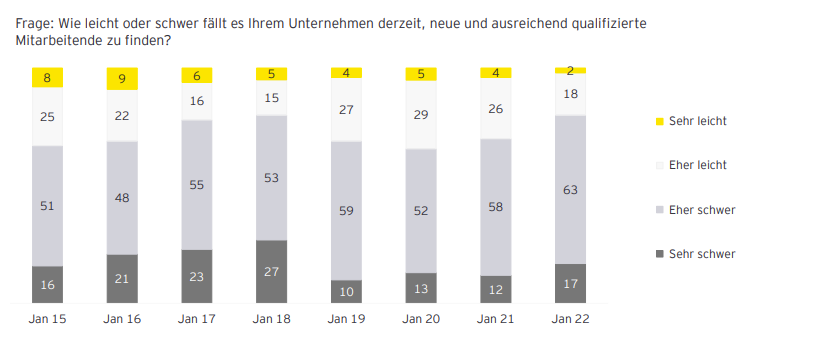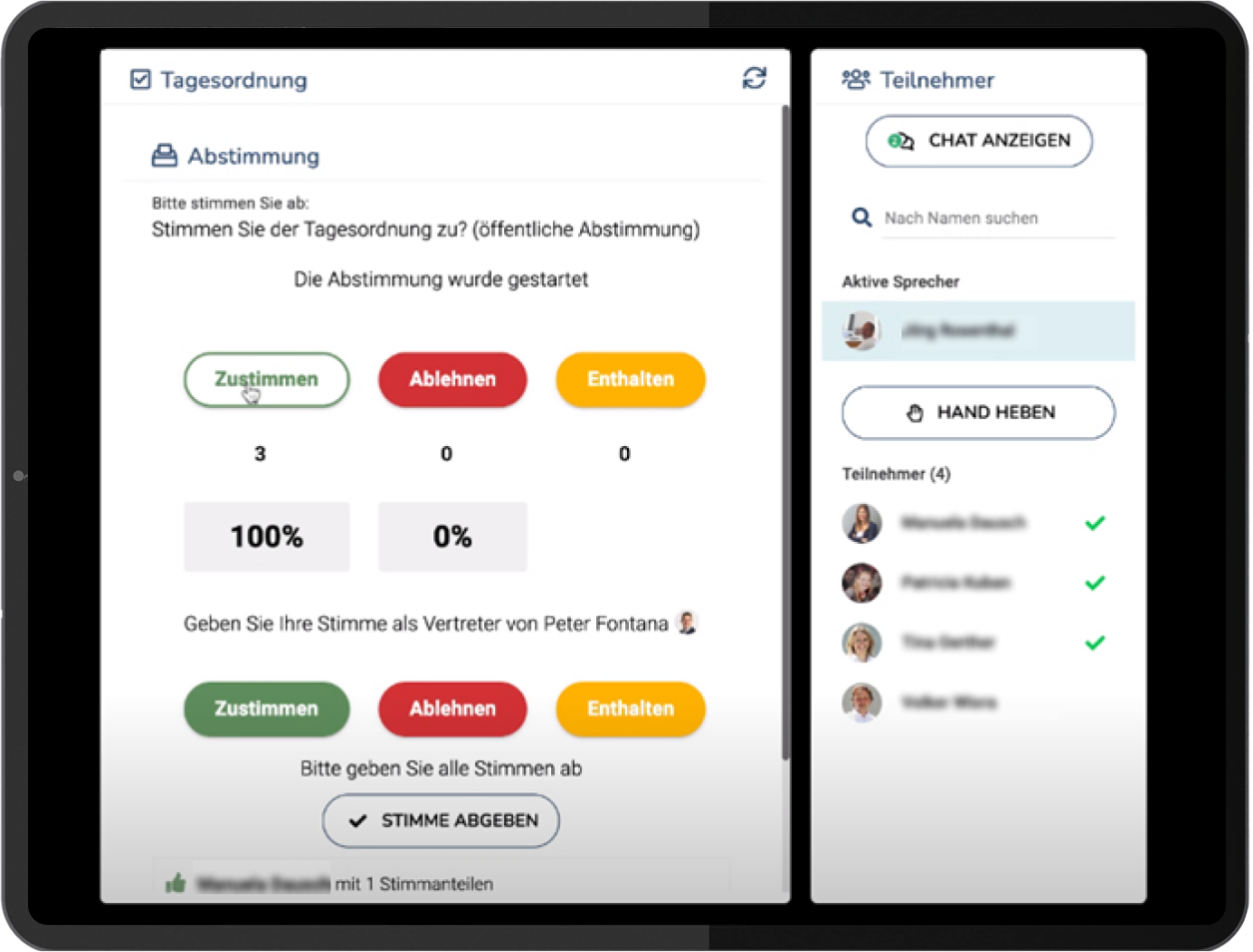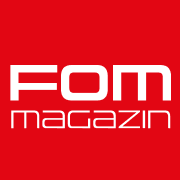Generation Z demands more say in the workplace. Companies can counteract the shortage of skilled workers with democracy.
The youth of today! Ranting about subsequent generations has always been a popular topic at the regulars' table. Many things were different in the past, but certainly not everything was better. Above all, the world of work has changed; especially the relationship between employees and employers.
A study by HR consultancy Randstad found that Generation Z - those born between 1997 and 2012 - are quick to turn their backs on employers if their expectations are not met. Fifty-six percent of respondents would rather quit their job than accept grievances such as poor treatment from superiors, inadequate social standards or a lack of sustainability. In this, they differ from previous generations, who were more willing to put up with inconvenience for a corresponding salary.
Change in the balance of power
This change in the younger generation's expectations of employers has less to do with their being "spoiled" and much more to do with a change in the balance of power on the labor market. It has never been easier to find new employment. Qualified employees can apply for jobs around the globe in the digital age and work for an employer from California from their home office in Wuppertal.
In addition, many self-employed activities such as social media influencer, blogger or other digital business models require little start-up capital. The historically low barriers to entry into self-employment create another alternative to a traditional career for young people.
Attracting new employees and retaining existing ones is therefore becoming an increasing challenge for companies: According to a study by Ernst & Young, 80 percent of all German SMEs have difficulty finding sufficiently qualified employees - and the problem will become even more acute in the future, also due to demographic change.

New Work
Companies need to adapt their culture to the new conditions on the labor market; this is referred to as "New Work": Contrary to common preconceptions, Generation Z is not only interested in beanbags in the common room and a refrigerator filled with free snacks and drinks. Randstad CEO Sander van't Noordlende says that young people choose their employer primarily according to their personal values.
Employees not only want to feel understood, they also want to actively participate in the company's development. So to retain employees, companies need to involve them more. This creates a win-win situation: More employee democracy does not undermine hierarchies, but creates opportunities to involve and utilize the talents available in the company.
In addition to the cultural aspect, New Work also involves the use of modern tools: Work in companies today is increasingly taking place on a digital level. Employees don't necessarily sit in the same office; in fact, they are often spread around the globe. That's why more and more meetings are being held as online meetings.
Voting with FOM software
FOM software provides an ideal tool for New Work, because the software enables corporate democracy in digital meetings. In particular, the FOM modules for voting are especially suitable for employee involvement.
A list of participants with voting rights can be created for each meeting. During the meeting, individual issues can be released for democratic decision-making. Depending on the company, the issues to be voted on can be harmless matters such as team events or business-relevant issues such as the hiring of new team members or even the strategic direction of the company.
FOM software enables secret and open voting. Secret voting is particularly suitable for issues where corporate political positioning plays a role. Since the vote remains secret, political calculations are reduced to a minimum, resulting in more efficient decisions.

In order not to relinquish control completely, veto rights can be granted to individual persons. This allows management to object to unfavorable decisions in case of doubt. However, supervisors should carefully consider when to use their veto. If they use them too often, the votes will be reduced to absurdity. If in doubt, it is then better not to put an issue to a vote at all.
Employees become co-owners
It is not only the corporate culture that is changing, but also the ownership structure. Today, employees in companies are often also co-owners. Especially in startups, team members typically receive a lower salary and a larger stake instead. In this case, decisions need to be made collaboratively, for which voting tools again lend themselves.
An extreme form of corporate democracy is, for example, the Decentralized Autonomous Organization ("DAO") in which all decisions are made democratically. This form of organization is often chosen in blockchain projects, where members of the DAO are compensated in the form of crypto-tokens. In DAOs, FOM software could also be used to make decisions collaboratively.
In addition, FOM software offers many other features. For example, meetings are automatically logged - both the decisions made and the attendance and even the quality of the Internet connection of those present. As a result, no one can claim afterwards that they were not present during the decision-making process.
It is not yet clear exactly where the New Work trend is heading. What is clear, however, is that the world of work is becoming increasingly digitalized and democratized. FOM software serves both trends by providing digital tools for employee engagement.







